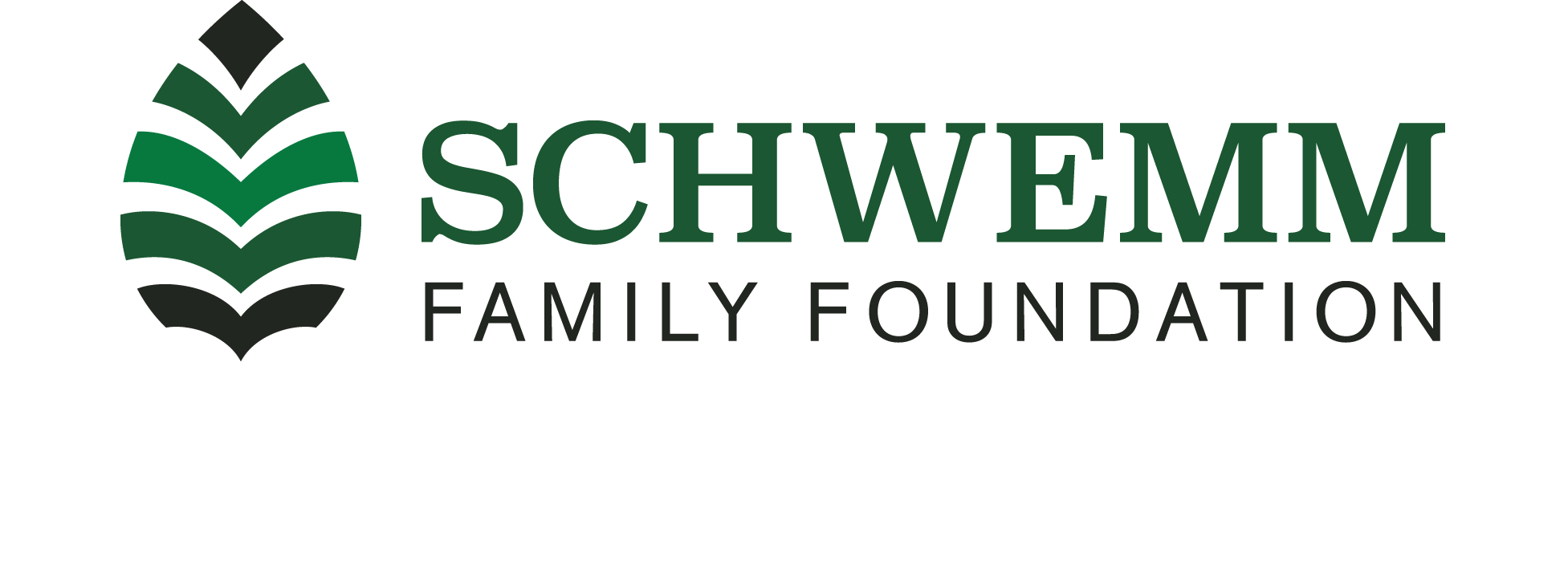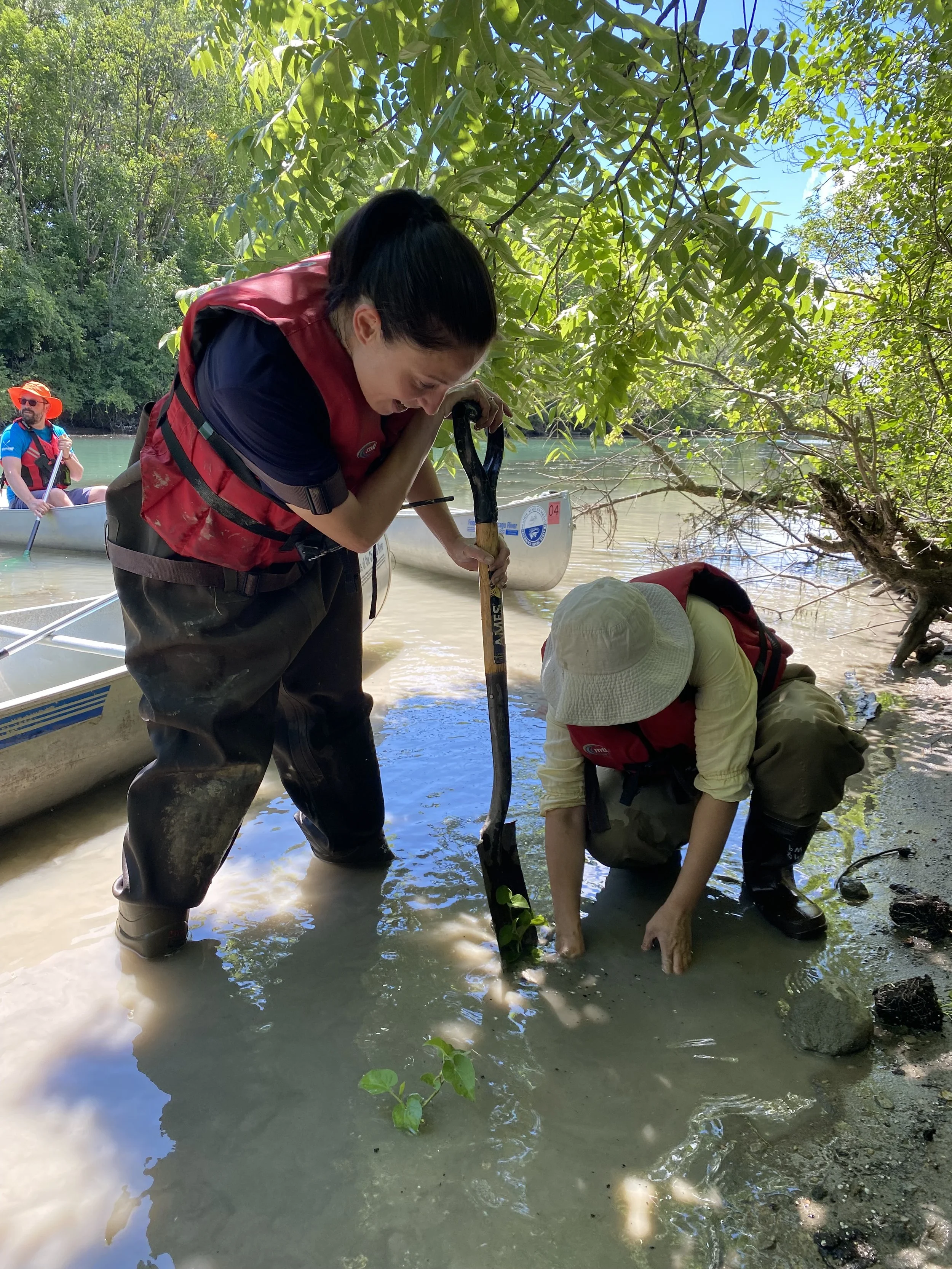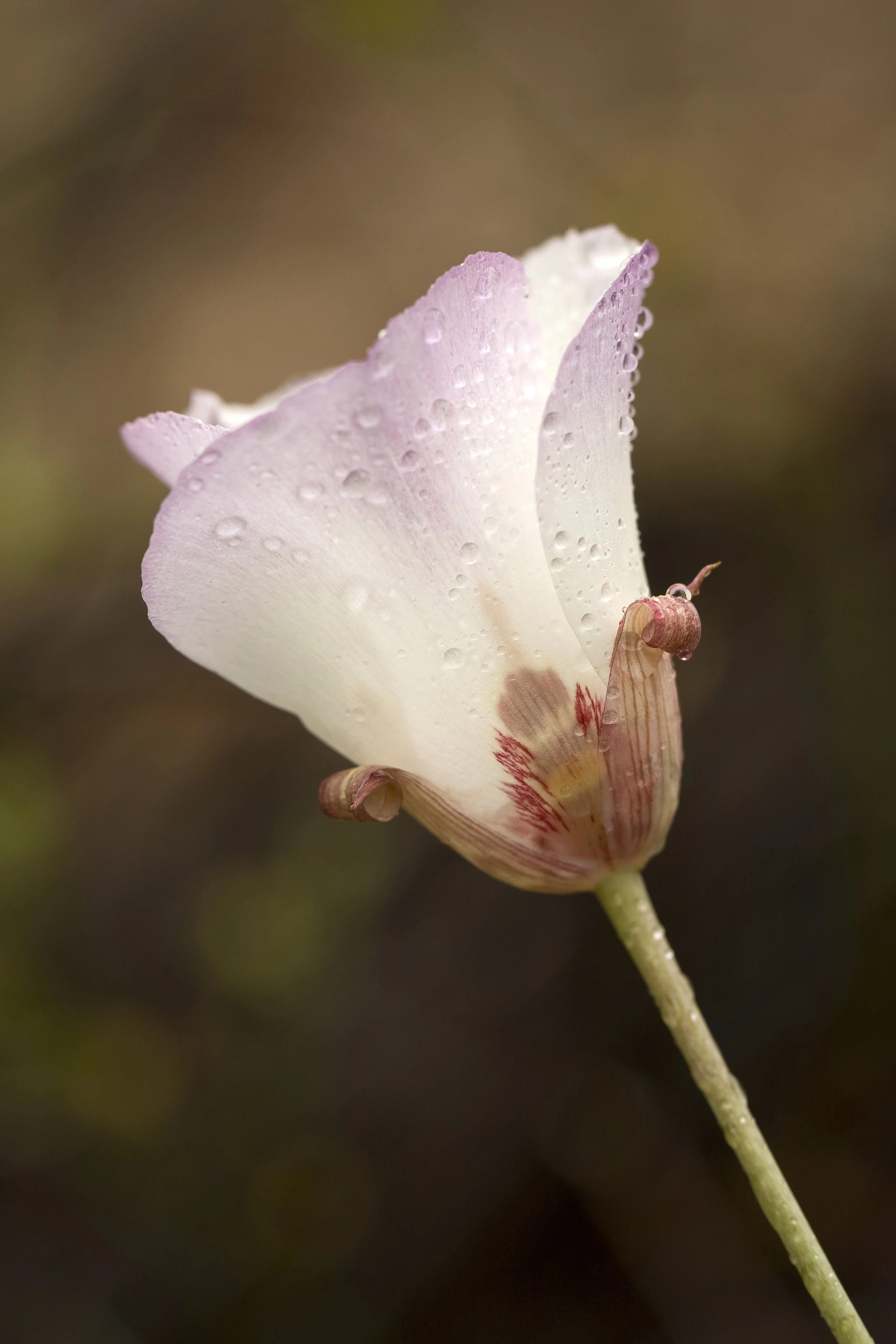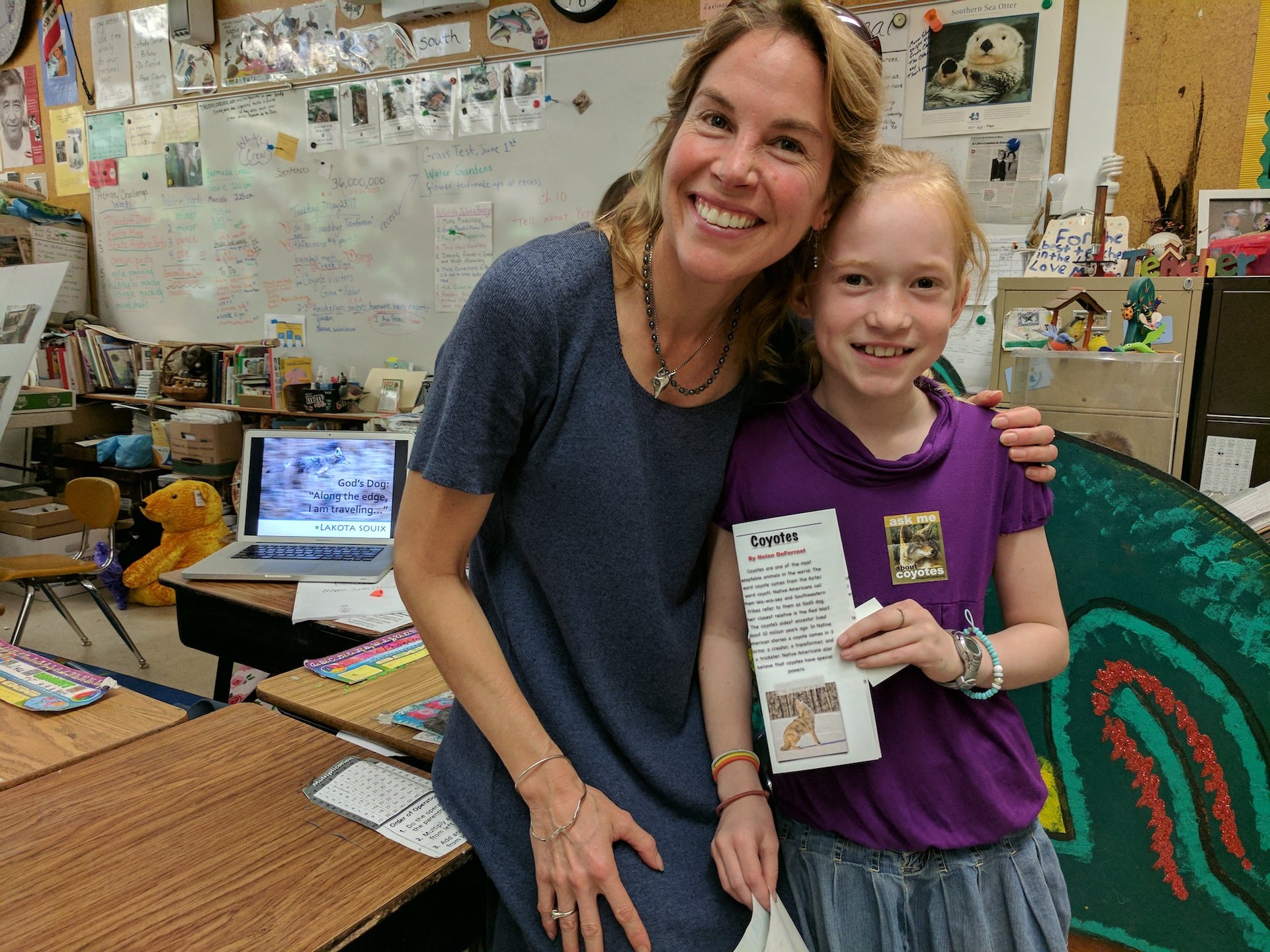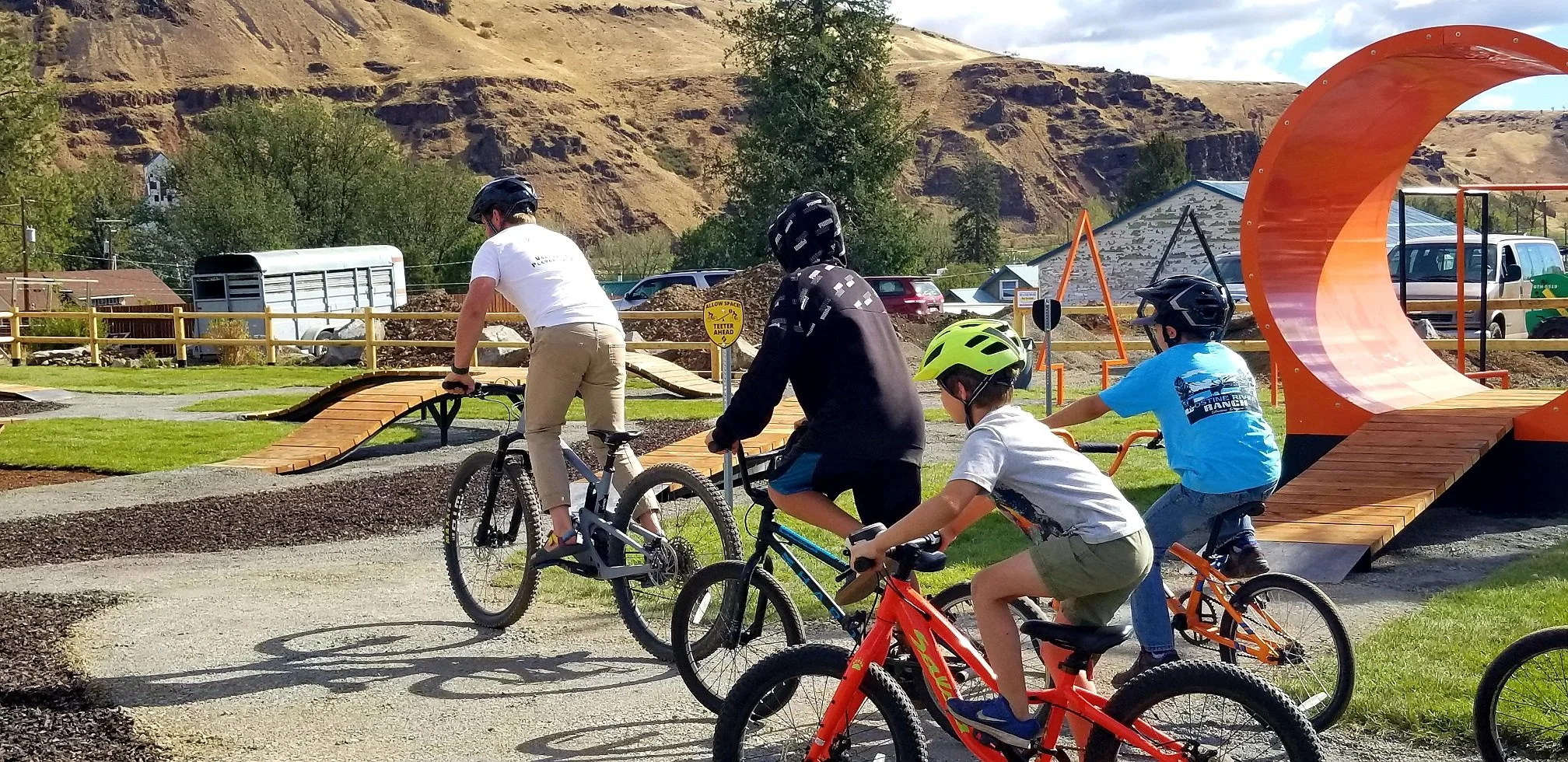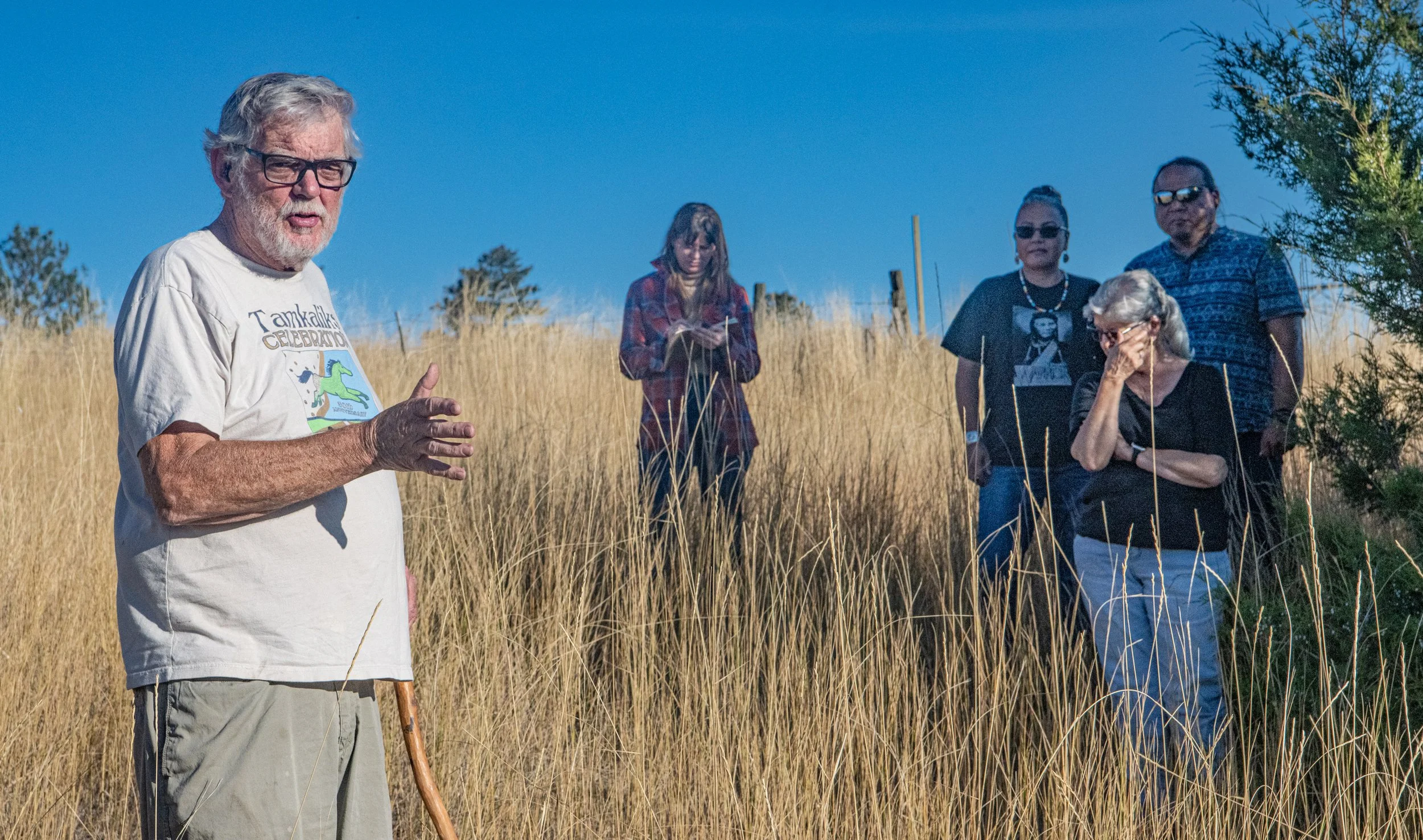Friends of the Chicago River's grantee project aims to enhance the ecological health of the Little Calumet River and North Shore Channel through native plant installations during their Paddle and Plants events, addressing the lack of native vegetation in these areas. This initiative supports local ecosystems, mitigates flooding impacts, and promotes community engagement in environmental stewardship, with funding from the Schwemm Family Foundation facilitating plant purchases and essential supplies.
Read MoreFocused on enhancing resilient ecosystems along the central coast of California, the Wild Farmlands Foundation is dedicated to the regeneration of the landscape, while at the same time, supporting the area’s current and next generation of farmers and ranchers.
Read MoreWolf Creek, located in the Sierra Nevada foothills of California, has been a working alliance for over 20 years with the dual goals of preserving and protecting the local watershed while increasing public access to the creek and adjacent hillsides. As part of this effort, and with help from a SFF grant, Wolf Creek recently created a series of walking and biking tours within the watershed.
Read MoreWhite Buffalo (WB), located near Santa Barbara California, is committed to land stewardship practices that support biodiversity, water and soil resources, and human health. WB has recently partnered with the Santa Ynez Band of Chumash Indians in the planning and implementation of a series of trainings focused on the building of resilient gardens. With the help of a SFF grant, these gardens are today being managed by members of the Ynez Band to grow a variety of food, fiber, and medicinal and ceremonial plants.
Read MoreThe Rare Plants Inventory - RPI - is a database of information regarding all rare and endangered plants in California. To assist planners, consultants and resource managers, the SFF funded an effort to include all existing threat data for each species in the RPI. The app to use the RPI is free and available to everyone, allowing all users to have access to common information regarding current threats to native plant species and populations. CNPS Inventory of Rare Plants | California Native Plant Society.
Read MoreTo assist Project Coyote in their work protecting wild carnivores, the SFF helped fund the production of two short films.
Read MoreOccidental Arts and Ecology is a non-profit organization working to develop sustainable and inclusive landuse practices. The SFF supported the OAEC in efforts to create and enhance wildlife habitat through invasive plant removal and habitat enhancements.
Read MoreBuilding Healthy Families, a family support organization serving Eastern Oregon, spearheaded an effort to construct a bicycle park features rollers, tunnels, pump tracks, rock gardens and a wide number of areas for kids to ride bikes, scooters, skateboards and rollerblades. Funds provided by the Schwemm Family Foundation were used for the purchase of several features in the playground, including bike teeter totters and a snake tunnel, which help to make the park a unique green space for the children of Wallowa County to enjoy.
Read MoreThe Farm to School program partners with local schools in the greater Los Angeles area to build farm labs and outdoor learning gardens for students to have access to project-based outdoor learning opportunities. Funds provided by the Schwemm Family Foundation went to refurbish the culinary learning garden at Arroyo High School, supporting the AHS students taking part in this program to learn to grow their own organic food, and to cultivate and experience the setting of urban green spaces at their school.
Read MoreThe Foundation’s funding helped the Museum of Ventura County research, create and disseminate a scholarly journal, titled Bootleggers, Rumrunners, and Blind-Piggers: Prohibition in Ventura County. The Journal tells the story of the impact of Prohibition on Ventura County residents. The journal complemented the Museum’s major history exhibit All That Glitters is not Gold, which grew out of the same historical research into the county’s history during the 1920’s.
Read MoreThe Josephy Center teamed with the Wallowa History Center and Nez Perce elders from three reservations, to document and explore the places and occasions of first meetings of white settlers and the Nez Perce Indians—often in the Oregon Wallowa Country. Local historians and tribal elders, met to examine the “Confluence” of two rivers where Whites and Indians met first met.
Read MoreThe High Desert Museum and Oregon Black Pioneers successfully collaborated to develop fourth grade classroom resources that center Black experiences on the Oregon Trail and Black exclusion in Oregon.
Read More